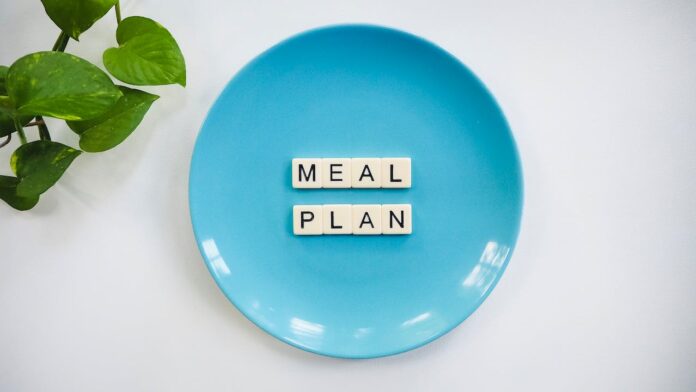In the hustle and bustle of modern life, many individuals find it challenging to prioritize healthy eating habits. With the convenience of fast food and pre-packaged meals, it’s easy to overlook the importance of planning and preparing our meals in advance. However, the practice of meal planning has gained significant attention in recent years for its myriad of benefits that extend beyond just a healthier diet. From saving time and money to promoting better nutrition and reducing stress, the advantages of planning meals in advance are truly remarkable.
Encourages healthier eating habits
When we plan our meals in advance, we tend to make more conscious choices about what we consume. By taking the time to design a well-balanced meal plan, incorporating various nutrients, vitamins, and minerals becomes easier. It allows us to include a diverse range of fruits, vegetables, lean proteins, and whole grains, leading to a more balanced and nutritious diet.
Furthermore, planning meals can help in controlling portion sizes and reducing the intake of unhealthy snacks and processed foods, thus contributing to better overall health. Consequently, this can lead to a reduced risk of chronic diseases such as diabetes, obesity, and heart disease.

Saves time and reduces stress
One of the most significant advantages of meal planning is the time-saving aspect. With a pre-determined menu, grocery shopping becomes more efficient, as you only buy what you need for the planned meals. Additionally, the actual cooking process becomes streamlined, as you already know what ingredients are required and can prepare certain elements in advance.
This can significantly reduce the time spent in the kitchen on a daily basis, freeing up time for other activities and reducing the stress associated with last-minute meal preparations. This, in turn, allows for a better work-life balance and can contribute to an overall improved quality of life.
Reduces food waste and saves money
Meal planning can help prevent the unnecessary purchase of perishable items that often go to waste. By carefully selecting ingredients for planned meals, you are more likely to use them efficiently, reducing the likelihood of food spoilage. Furthermore, by buying only what is necessary, you can effectively manage your grocery budget and avoid overspending on impulse purchases.
Over time, this can lead to substantial savings and a more sustainable approach to grocery shopping. As a result, you contribute to a more environmentally friendly lifestyle by reducing your carbon footprint and promoting sustainable consumption habits.
Incorporating high-quality ingredients
Including high-quality ingredients in your meal planning, can elevate the overall nutritional value and taste of your meals. For instance, brands such as Sutcliffe Meats which are renowned for its commitment to sustainable and ethical practices are great food sources.
By incorporating this type of ingredients into your meal planning, you not only ensure superior taste and texture but also support ethical and sustainable farming practices, contributing to a more environmentally conscious and responsible food consumption culture.
Supports weight management goals
For individuals aiming to manage or lose weight, meal planning can be an incredibly valuable tool. By controlling portion sizes and selecting nutrient-dense foods, meal planning can help in achieving and maintaining a healthy weight. Planning meals also allows for better monitoring of calorie intake, making it easier to stay within a targeted calorie range.
Additionally, having a structured meal plan can prevent impulsive, unhealthy food choices, which often derail weight management efforts. This can lead to improved self-confidence and a more positive body image, fostering a healthier relationship with food and one’s own body.
Fosters family and social bonding
Meal planning can be a collaborative and inclusive process, especially in a family setting. Involving family members or housemates in meal planning and preparation not only encourages a sense of shared responsibility but also fosters stronger bonds.
Additionally, cooking and sharing meals together can create valuable opportunities for quality time and meaningful conversations, enhancing overall well-being and familial relationships. This can lead to a sense of unity and cohesion within the family, promoting a supportive and nurturing environment for all members, especially children, fostering a sense of belonging and security.
Conclusion
In conclusion, the benefits of planning meals in advance extend far beyond just the food on your plate. From fostering healthier eating habits to reducing stress and promoting family bonding, the practice of meal planning can significantly enhance overall well-being.
By investing a little time and effort into planning your meals, you can create a positive impact on your health, your finances, and your overall lifestyle. Start incorporating meal planning into your routine today and reap the numerous rewards it has to offer.















